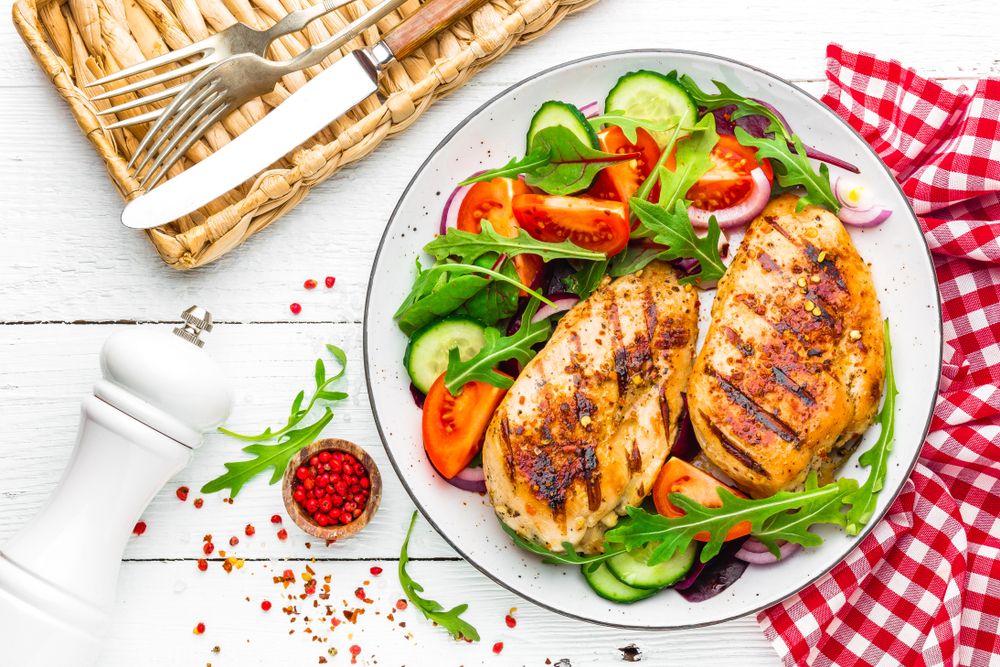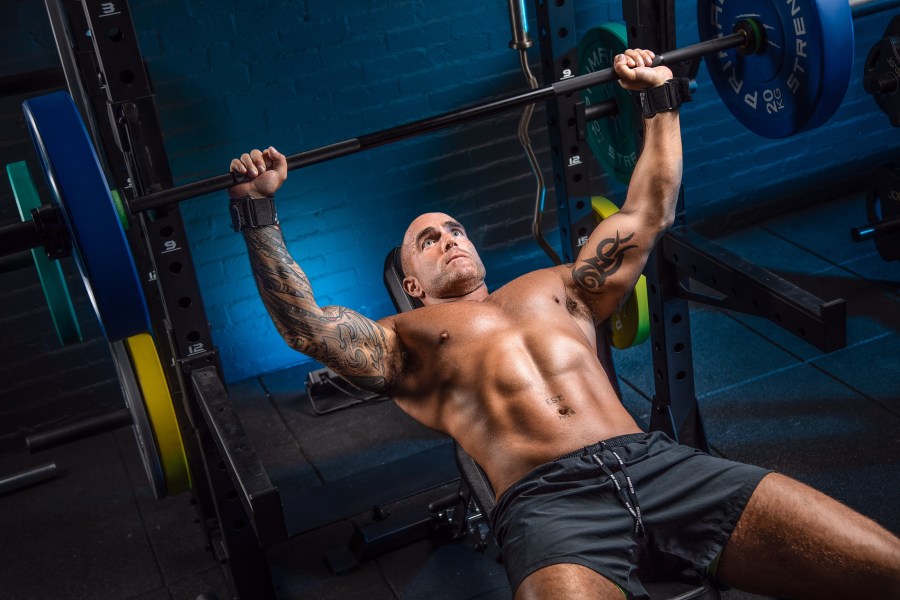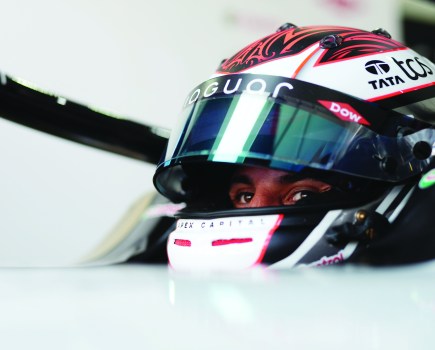MF sits down with Simon Newton, bodyguard for the likes of Bella Hadid and Rita Ora, to discuss his unique line of work and seriously strict fitness regime.

Credit: Matt Marsh Photography
How did you get into the bodyguard business?
“I started in the British Army. When I left in 2002 I got a job for a London-based private security company. I did that for three years and then I got a job as a bodyguard in Afghanistan, where I was based for just over two years. After that I moved back to London and started my own business over here.
“In the UK you have to be licensed: it’s a two-week minimum course, but to be honest it’s not amazing. Getting your license is the bare minimum.
“It’s kind of like if you want to be a racing driver you have to have a driving license, but having the driving license doesn’t mean you’re going to be a good racing driver.”
What’s the job spec?
“There’s a lot that goes into it that people probably don’t even realise, but when we’re talking about celebrity protection appearances do come into, because people do judge you by what you look like.
“If you’re paying hundreds and hundreds of pounds a day for a bodyguard, you’re going to want them to look half decent. You’re expected to look physically fit and able. You don’t have to look like a supermodel or anything like that, but you do need to look like you’re able to do what you’re there to do.
“It depends who you’re looking after, but we deal with all the transportation, making sure everything safe and in order. Certainly with celebrities it takes a lot of planning and the most amount of work we do is when we’re moving from place to place, because that’s when there’s the most amount of risk.
“What people don’t realise is that we have to be up before the client gets up and we have to stay awake until they go to bed, because they can’t really do anything without us.
“It happens quite a lot where you get booked for, say, ten am and then they don’t end up going out until four in the afternoon, so you’ve already been on the job for six hours and haven’t even done anything. Then they go out, because they’ve been in bed all morning, and don’t get in until six the next day, so 18 to 19 hour days are not uncommon.”

Newton’s intense training regime is matched only by his approach to nutrition
You obviously need to be able to handle yourself as well; do you train a lot to stay in shape?
“You could argue I’m a little bit extreme with my training, but I’ve always been really into fitness – since before I joined the army. Every morning I do a bit of cardio before breakfast: 30 minutes of a brisk walk or a gentle jog, nothing too exciting. Then I have breakfast and go to the gym for an hour or an hour and a half, which is just pure weight training.
“I follow a standard body-part split: chest, back, arms, shoulders, legs. And every evening I do another hour’s worth of cardio. The reason I do so much is because when I have to go away for work there is very limited opportunity to train, so I have to make the most of the time when I can.
“I don’t actually lift very heavy, I just look bigger because I’m quite lean. I don’t know why people always use bench press as a marker, but I’m often asked, ‘How much do you bench?’ The truth is I don’t! On chest day, I do seated machine press, then incline press, cable flyes and then a peck deck machine. For every body part I stick to just four exercises, and do four sets of 12 reps on each. I concentrate on getting the stretch and the movement right, rather than lifting big.”

Newton’s disciplined diet isn’t for the easily swayed
How about nutrition: are you as strict with that?
“I am, yeah, and again that allows me to stay in shape even when I’m away with work. I eat six to eight small meals a day. I don’t really eat sugar or carbs in the week, and I’m not teetotal but if I do drink it’s just vodka or another low-calorie spirit. I don’t touch beer.
“Every day is the same in the week. I don’t really eat for enjoyment; I eat to get the job done. In the morning I’ll have 80g of oats and two scoops of protein – that’s my only carbs for the day. Then I’ll have 200g chicken and veg or sometimes 200g cod and veg three times throughout the day, and after training I’ll have a banana and two scoops of protein. My last meal in the evening is 200g beef with vegetables.
“Normally meal five on a Sunday is my cheat meal. That’s whatever I want, but it has to be confined to just one meal: you can’t graze throughout the day. I always have big ideas about all this food I’m going to eat, but because I’m used to eating little and often, I might get through half a burger and a couple scoops of ice cream and then I’m done.”
Has the job of a bodyguard changed much since you started out?
“The main problem with celebrity protection now is the prevalence of social media, because if something happens and you get the slightest thing wrong it’s everywhere immediately.
“I try not to think about it while working to be honest, because it can put you into a paranoid frame of mind. The important thing is that if anything does go wrong, you get on top of it and resolve the situation very quickly.”
Follow Newton on Instagram @simon.newton







